- Kristi Powers
Choose the health content that’s right for you, and get it delivered right in your inbox.
AdventHealth rolled out a first of its kind program in Florida that combines the use of AI technology, embedded algorithms, and nurse navigation to help assess breast cancer risk with the most advanced tools.
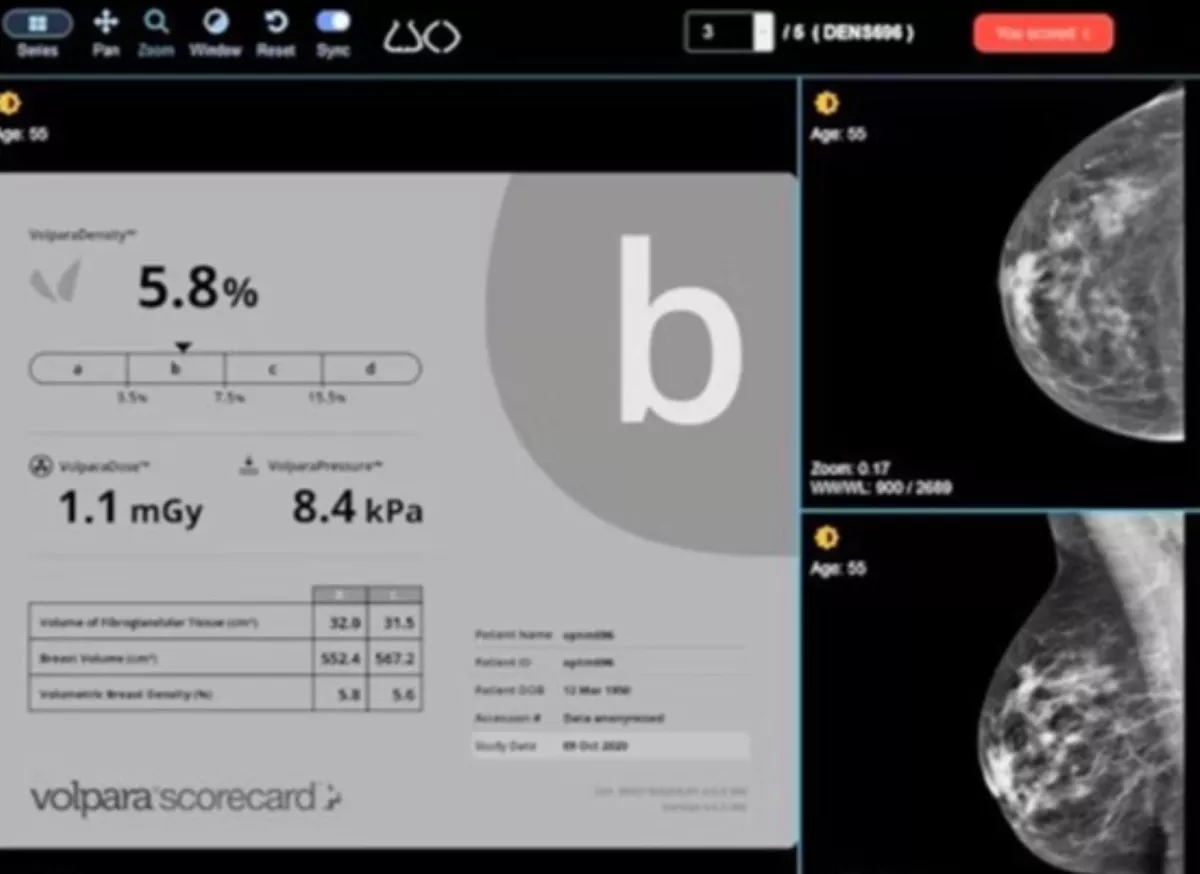
The new Genomics Risk Assessment for Cancer and Early Detection (GRACE) program uses a patient’s personal family history along with their medical history and overlays AI data containing thousands of similar anonymous patient records to assess potential risk. Patients identified with a high-risk potential are then offered additional options (like a breast MRI or genetic testing) to further assess risk, which can result in a more accurate diagnosis.
“This program provides additional data to our teams to catch cancer early, or better yet – potentially prevent it in certain situations. This is a true advancement in medical care for all,” said Dr. Wes Walker, director of genomics and personalized health at AdventHealth.
Walker expects to be able to screen roughly 100,000 women per year once the program is fully rolled out to all 16 centers in AdventHealth’s Central Florida Division in 2025.
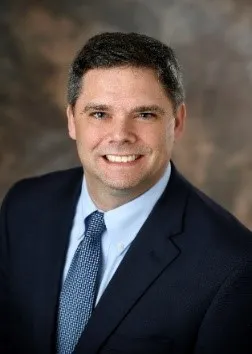
“Traditionally, risk was only identified by age – it was a one size fits all type of approach,” Walker said. “With this program, we are becoming more sophisticated and providing patients a more comprehensive, accurate, individualized risk assessment based on age, personal history, family history, breast density and genomics.”
The GRACE program works as part of the mammogram process by using an AI-enhanced image analysis along with the patient's imaging. The tool assists radiologists to determine the finalized breast density, which factors into the risk calculation. The system then calculates the risk score for the patient using evidence-based algorithms embedded in the software.
The GRACE pilot program launched August 1 at two AdventHealth locations – Winter Park and Waterford Lakes.
“We’ve learned that roughly 20% of women who come in to get a mammogram are actually at high risk,” said walker. “We’ve learned that our nurse navigator is absolutely invaluable in providing support, information and guidance. Sometimes learning that you are high-risk can be very stress inducing, so that high-touch human element has been incredibly important. We have the high tech, but we also have the high touch.”
The program integrates best-practice electronic risk assessments for hereditary cancer, which includes breast cancer, ovarian cancer, colorectal cancer/Lynch syndrome, into different clinical venues – mammography centers, primary care practices and gastrointestinal clinics.
Recent News
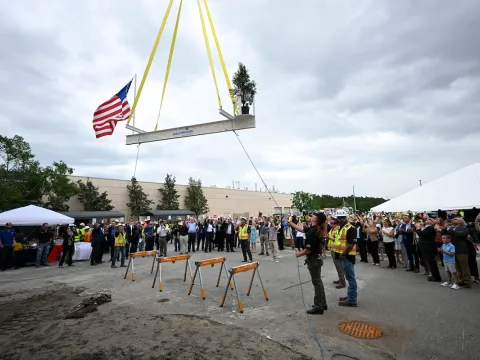
Final steel beam marks key step in AdventHealth Daytona Beach expansion
Local leaders, officials, and construction workers gathered today to commemorate a major milestone in the expansion underway at AdventHealth Daytona Beach: placing the final steel beam.
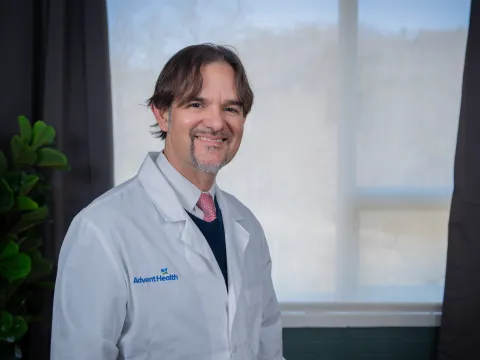
New physician is joining AdventHealth’s growing Primary Care team
AdventHealth is excited to introduce Eugenio L. Menendez, DO, FACP, to our community of care. He is joining the team at AdventHealth Medical Group Family Medicine at Hendersonville* following the...
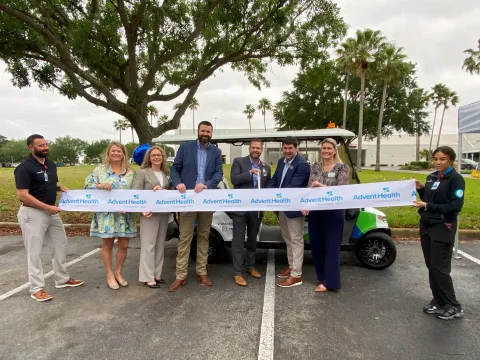
New visitor shuttle unveiled at AdventHealth Heart of Florida
AdventHealth Heart of Florida and AdventHealth Polk Foundation leaders are delighted to unveil a new courtesy visitor shuttle meant to enhance accessibility and comfort for patients.
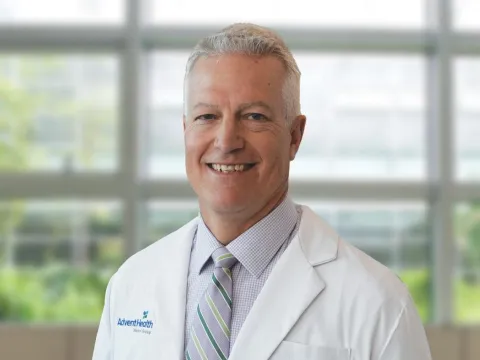
Orthopedic surgeon returns to AdventHealth
Dr. Jeffrey Keen, a board-certified orthopedic surgeon specializing in adult reconstruction, orthopedic surgery, robotic-assisted surgery, and sports medicine, has returned to AdventHealth Medical...
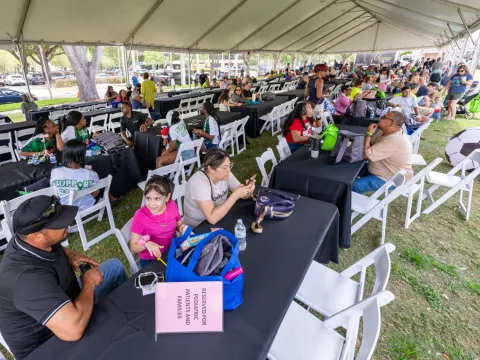
Hundreds of transplant patients and their families reunite with AdventHealth Transplant Institute caregivers
In recognition of National Donate Life Month, nearly 300 transplant patients and their families enjoyed AdventHealth’s 2025 transplant reunion.
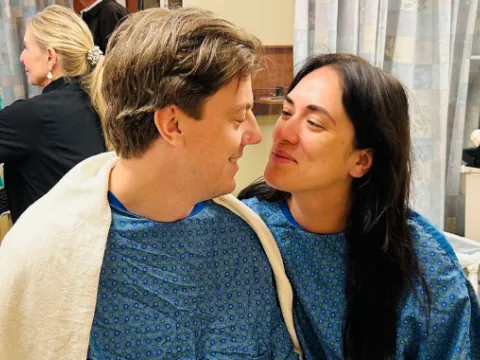
Ashley and Jimmy celebrate life together after kidney donation
According to the National Kidney Foundation, more than 101,000 people are currently on the organ transplant list in need of a new kidney. However, only about 17,000 transplants happen each year —...

